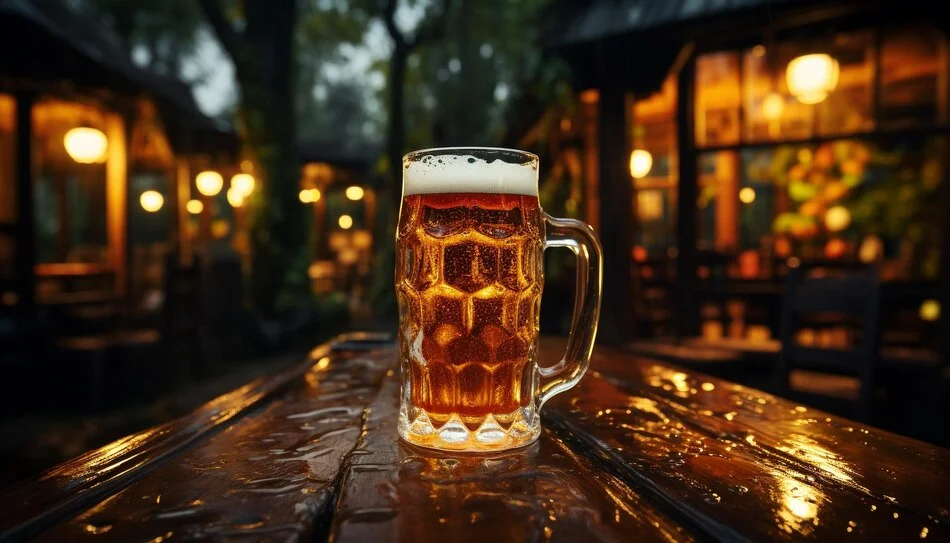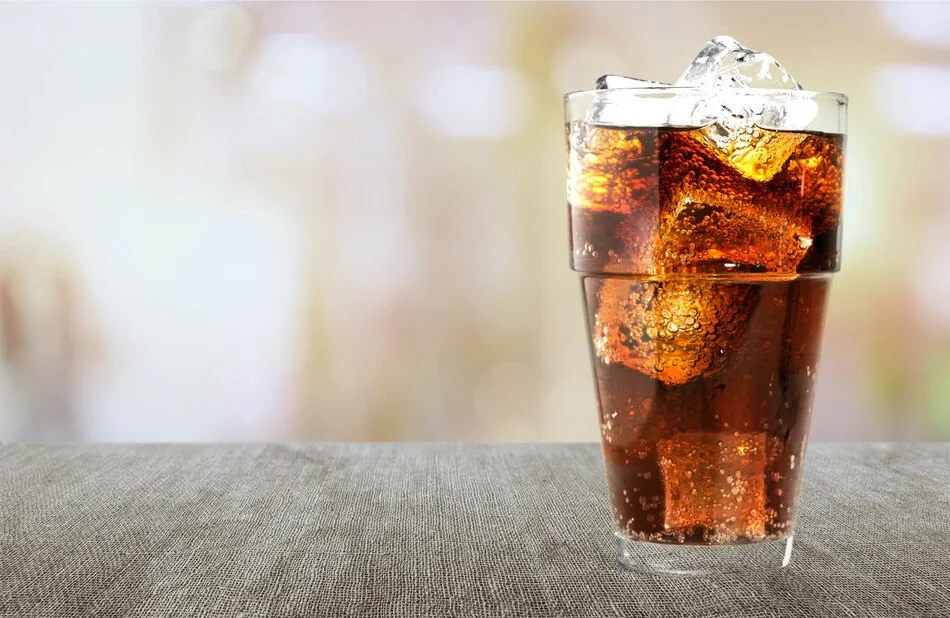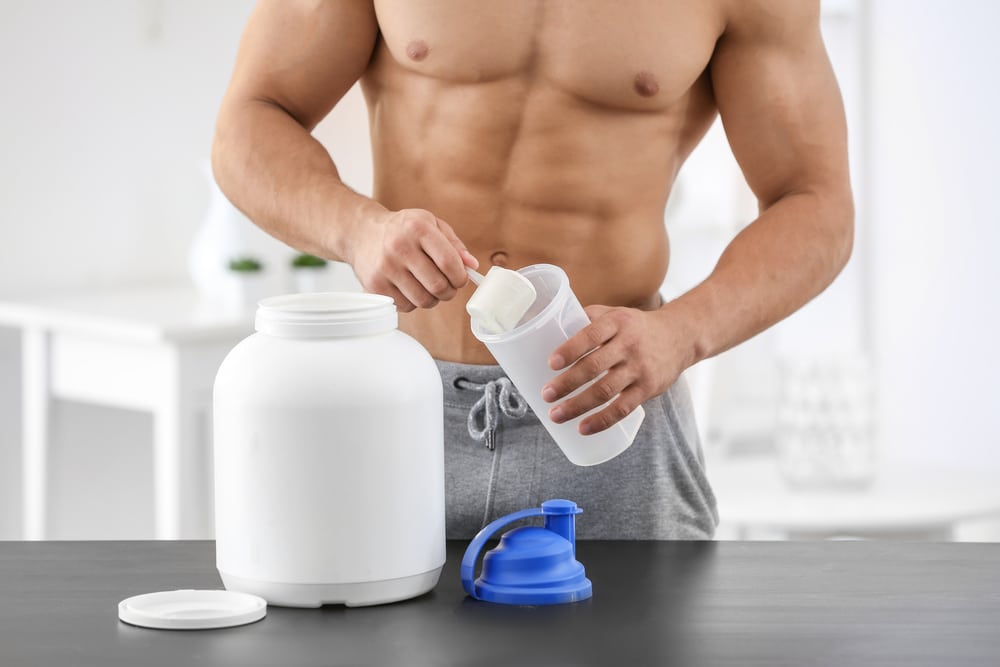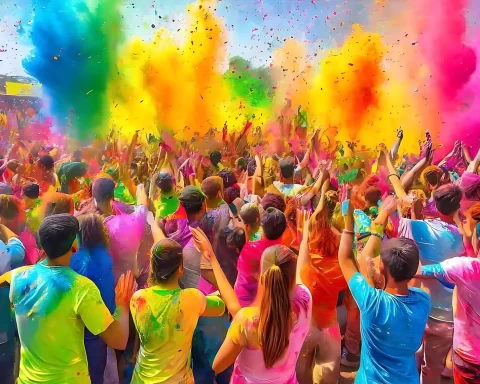One of the major decisions people make between beer and soft drinks relates to caloric impact. We will look into soft drink vs beer, outline some real-time data, and help you choose healthier options. We are going to let you know about “healthy carbonated drinks,” “healthy soft drinks,” “Coke ingredients,” and “zero-calorie drinks.”
Understanding Calories
Before we get into comparing, let’s first start with finding what exactly are calories. Calories are units of energy. Our body requires a certain amount of energy to operate and generate power for our daily activities. This energy is derived from the food and liquid refreshments we take. Taking too many calories leads to weight increase, while too few may result in weight loss.
Beer: An Overview

How Beer is Made
Beer is an alcoholic beverage derived from the fermentation process involving grains. The brewing process involves a number of steps:
- Malting: This step involves steeping the barley grains in water, followed by germination and subsequent drying in a kiln. The process enzymatically converts the barley starches into fermentable sugars, thus malt is formed.
- Mashing: Malt is mixed with hot water to form a mash. Enzymes are activated during this stage, breaking down the starches into sugars.
- Boiling: To this mash, hops are added and then boiled. Hops are plants—more specifically, flowers that give out bitterness, flavor, and aroma to beer. The boil also sterilizes the wort, which is the liquid extracted from the mash.
- Fermentation: After this, it is cooled and then transferred to a fermentation vessel. This is the vessel to which the yeast is added, so that the same ferments the sugars in it, producing alcohol and carbon dioxide.
- Conditioning: To a good degree, the beer is conditioned to develop its flavors. This can take place in bottles, kegs, or even in a tank.
- Packaging: The beer shall now be filtered, carbonated if need be, and then packaged for distribution.
Caloric Content
The caloric content of beer varies depending on the type and brand. On average:
- A regular beer (354.882 ml) contains about 150 calories.
- A light beer (354.882 ml) contains about 100 calories.
Ingredients
- Beer typically contains
- Water
- malted barley
- Hops
- yeast
These ingredients undergo fermentation, which produces alcohol and adds to the calorie count.
How It Impacts Your Health
Moderate Consumption
Moderate beer consumption can have some health benefits, such as:
- Heart Health: Studies have documented that moderate beer consumption lowers the threat of heart disease. It is due to the alcohol content that can raise good cholesterol or HDL.
- Nutrients: Some nutrients are found in beer, such as the B vitamins, potassium, and magnesium.
- Antioxidants: Darker beers, especially, contain antioxidants that may help in protecting the cells from any form of damage.
Excessive Consumption
As discussed previously, excessive consumption of beer can lead to a number of health issues, including-
- Weight Gain: Beer contains a high density of calories and can lead to weight gain if taken in abnormal amounts.
- Liver Problems: Excessive intake of alcohol may trigger liver damage, such as fatty liver, hepatitis, and cirrhosis.
- Addiction: Beer contains alcohol, which is addictive and hence might lead to dependence on alcohol.
- Heart Issues: Although moderate consumption would be beneficial, excessive drinking causes an increased risk of high blood pressure, heart disease, and stroke.
Soft Drinks: Overview

How Soft Drinks Are Made
Soft drinks are sparkling beverages that come in various flavors. They constitute the following processes in their making:
- Purification of Water: Water is the primary ingredient of soft drinks. It undergoes the process of purification to make it free of impurities.
- Mixing: The purified water is blended with sweetener (high fructose corn syrup or sugar), flavorings, and other ingredients. For diet sodas, aspartame or other artificial sweeteners are used instead of sugar.
- Carbonation: The carbon dioxide gas is mixed into the mixture at high pressure to make it fizzy, a characteristic of soft drinks.
- Pasteurization: The carbonated mixture is then pasteurized to kill bacteria and increase the product’s shelf life.
- Packaging: Filling bottles or cans with the final product and sealing them for the market.
Caloric Content
Soft drinks vary in their caloric content. On average:
- A regular soft drink (354.882 ml) contains about 150 calories.
- Diet or zero-calorie drinks contain little to no calories.
Ingredients-
The components vary depending on the type of soft drinks, but most of them basically contain-
- Water
- Carbonated water,
- High fructose corn syrup or sugar
- Artificial flavors
- Caffeine
Let us take Coca-Cola as an example, which is one of the very famous soft drinks
Coke Ingredients: Carbonated water, high fructose corn syrup, caramel color, phosphoric acid, natural flavors, caffeine.
How It Impacts Your Health
Sugar Content
Regular soft drinks contain a lot of sugar, that if taken excessively, could lead to the following health issues-
- Weight Gain: Extra sugar in the body causes weight gain and obesity.
- Type 2 Diabetes: Too much sugar in the system triggers and escalates type 2 diabetes.
- Tooth Decay: Sugar is one of the major reasons causing the decay of cavities and teeth.
Artificial Sweetening Agents
Diet soft drinks are sweetened with artificial sweeteners like aspartame, which also have health effects:
- Low Calories: Artificial sweetener sweetens without adding the extra calories, hence the reason for the diet sodas being favored by individuals who want to cut down on their intake of calories.
- Health Debates: Artificial sweeteners are considered by some studies as being unhealthy, even though research is still going on. These include metabolic changes and a heightened craving for foods that are sweet.
Also Read – Surprising Health Benefits of Beer: Facts and Side Effects
Healthy Carbonated Drinks
Healthy Soft Drinks Options
Not all carbonated drinks are unhealthy. Some options provide a healthier alternative to traditional soft drinks and beer:
- Sparkling Water: Often flavored with natural fruit essence and contains no calories.
- Kombucha: A fermented tea beverage that contains probiotics and can aid digestion.
- Natural Sodas: Made with natural ingredients and sweeteners, and often have fewer calories.
Soft Drink vs. Beer: Caloric Comparison
When comparing the caloric impact of soft drinks and beer, it’s clear that both can be high in calories. Here’s a side-by-side comparison based on a 12-ounce serving:
Beverage Average Calories Main Caloric Source
| Beverage | Average Calories | Main Caloric Source |
| Regular Beer | 150 | Alcohol |
| Light Beer | 100 | Alcohol |
| Regular Soft Drink | 150 | Sugar |
| Diet Soft Drink | 0-5 | Artificial Sweeteners |
As seen in the table, regular beer and soft drinks have similar calorie counts, mainly from alcohol and sugar, respectively. Light beer and diet soft drinks are lower in calories.
Real-Time Data
Let’s look at some recent worldwide data to understand the current trends in beverage consumption:
Beer Consumption
- In 2022, China consumed about 42.04 billion liters of beer. Consumption in the United States was roughly 20.4 billion liters.
- The current annual beer consumption in India is approximately 2 liters per capita.
- China leads the world in beer consumption, followed by the United States and Brazil.
Soft Drink Consumption
- The ‘Brand Shares (BETA)‘ indicator in the ‘Soft Drinks’ segment of the non-alcoholic drinks market in India is forecasted to increase by 0.9 billion liters (+12.97%) from 2023 to 2027.
- After seven consecutive years of growth, the indicator is projected to reach 7.82 billion liters, setting a new peak in 2027.
Making Healthier Choices
Given the caloric impact of both beer and soft drinks, making healthier choices is crucial. Here are some tips:
For Beer Drinkers
Moderation: Beer has a very high caloric content, so consume it in limited amounts.
Light Beer: Instead of having the regular beer type, choose a light one to help cut down on a few extra calories.
Infrequent Drinking: Drink beer only at special or occasional events instead of making it a daily habit.
For Soft Drink Drinkers
Healthier Soft Drinks: Try having healthier kinds of soft drinks like sparkling water or kombucha.
Zero-Calorie Drinks: If you really feel like having soda, then go for a diet or zero-calorie ones.
Natural Sweeteners: Look for beverages sweetened by things like stevia or agave nectar.
Conclusion
Now, if one considers the caloric effect of soft drinks vs beer, then both these are highly caloric beverages. While the calorie count for regular beer and soft drinks comes almost neck and neck, the low-calorie options will have to be light beer and diet soft drinks. So that one keeps oneself healthy, it becomes very important that the right kind of beverages are consumed with healthier options taken whenever possible.
Knowing the calorie count and other ingredients in your favorite beverages will help you make better decisions toward living a healthier, more active lifestyle. Again, everything is about balance, and you will find plenty of healthy carbonated drinks out there that will satisfy your cravings for fizz without piling on extra calories.
Frequently asked questions
- Is beer better than other drinks?
- Beer has both benefits and drawbacks compared to other drinks. Moderate beer consumption may offer heart health benefits and nutrients like B vitamins. However, it is calorie-dense and can contribute to weight gain and liver problems if consumed excessively. Healthier options include light beer, sparkling water, and kombucha. Choose beverages wisely to maintain a balanced lifestyle.
- Which soft drink is not harmful?
- Sparkling water can be regarded as a no-guilt alternative to soft drinks. It has no sugar, no calories, and absolutely no artificial ingredients. Hence, it is very good for getting hydrated without the negative consequences associated with the intake of sugary and artificially sweetened sodas. Look for sparkling water that has natural fruit essences added in for extra flavor without added sugars or artificial additives.
- Is 4 beers a day too much?
- Yes, drinking 4 beers a day is generally considered too much. According to health guidelines, moderate alcohol consumption for men is up to 2 drinks per day and for women, it’s up to 1 drink per day. Consuming 4 beers daily can increase the risk of health issues such as liver damage, heart disease, addiction, and weight gain. It’s important to drink in moderation to maintain good health.









[…] foods you eat play a huge role in controlling blood sugar. Certain foods help lower blood sugar naturally and keep glucose levels stable. Here are some foods […]